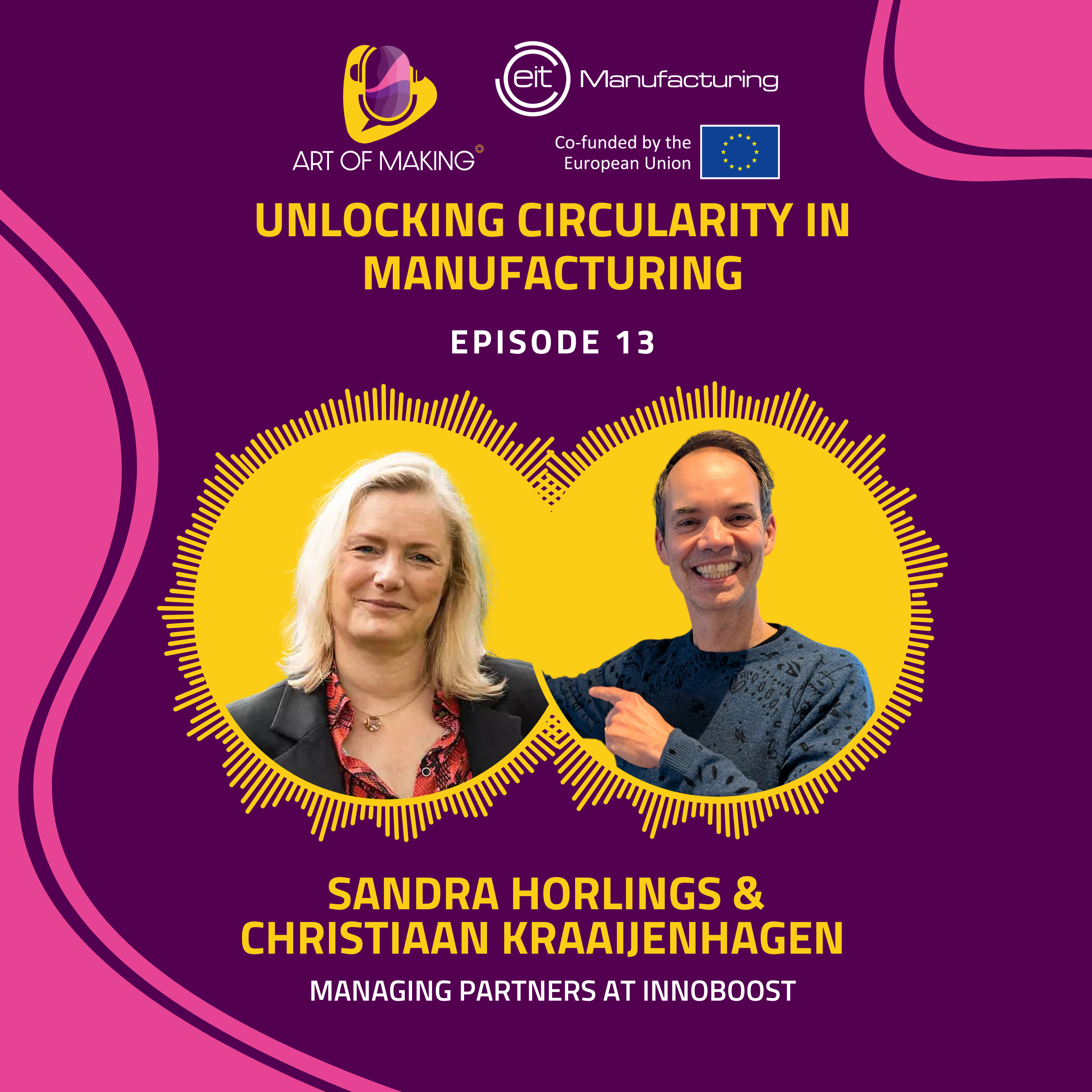How much do you know about blockchain? A bit of a buzzword nowadays, the term is often mentioned in connection to bitcoin and cryptocurrencies. However, at its core, blockchain is an impressive technology with the power to transform businesses and entire industries.
But how can the manufacturing industry benefit from this technology? Which technological and business aspects should be considered? And how does blockchain fit together with concepts such as Industry 4.0 and the Internet of Things (IoT)? In a talk with Stefan Crass and Vinzenz Treytl, ABC Research experts leading the Certificate programme, we discussed blockchain technology and its application in manufacturing.
The following text offers short answers to the questions:
- What is blockchain?
- What are the applications of blockchain in the industrial sector?
- Why is blockchain an important technology for manufacturers?
Starting from the beginning.. what is blockchain?
Simply put, blockchain is a database technology that allows for the secured and tamper-proof recording of transactions by a decentralized peer-to-peer network. Due to their properties, such as the immutability of transactions and transparency, blockchains can be used to create a unified data layer for all participants of an economic system. Most importantly, this enables the creation, storage and transfer not only of information but also of value.
With currently well over 1,000 different blockchains, the underlying protocols of these systems can vary widely. Since the launch of the well-known Bitcoin blockchain, several alternatives to improve the core technology have been proposed. For example, Ethereum has introduced so-called “smart contracts”, decentralized computer programs that can bring business logic on-chain and automate business processes. Also, business consortiums often create their own “permissioned blockchains”, enabling secure and efficient collaboration while ensuring privacy by restricting data access.
How can blockchain technology be used in industrial settings and manufacturing and why is this important?
We can see very interesting use cases In the industrial sector. One area with a lot of activity is supply chain management. Supply chains require the coordination of many participating companies that do not necessarily trust each other. This is where blockchain technology has already shown its strength as a tamper-proof documentation tool.
However, blockchain can also be used to integrate production systems more tightly with payment infrastructures. This enables manufacturers of industrial equipment to create new products and service offerings for their customers. In addition, with the rapid improvement of the technology, further use cases based on IoT become viable and enable data-driven products and solutions. Blockchain can play an important role here, as digital components and data increasingly contribute to the total value added of industrial goods.
About Stefan Craß and Vinzenz Treytl
Stefan Craß is a senior researcher and area manager at ABC Research, responsible for the computer science research area. Previously, he worked as a research assistant at the Vienna University of Technology (TU Wien). His current research interests include distributed systems, blockchain technologies and security.
Vinzenz Treytl is a senior researcher and area manager at ABC Research and a lecturer at the WU Vienna Institute for Entrepreneurship and Innovation. As area manager, he is responsible for the business research area at ABC Research. His research interests include open and user innovation and the disruption by new technologies such as Distributed Ledger Technology/Blockchain.




